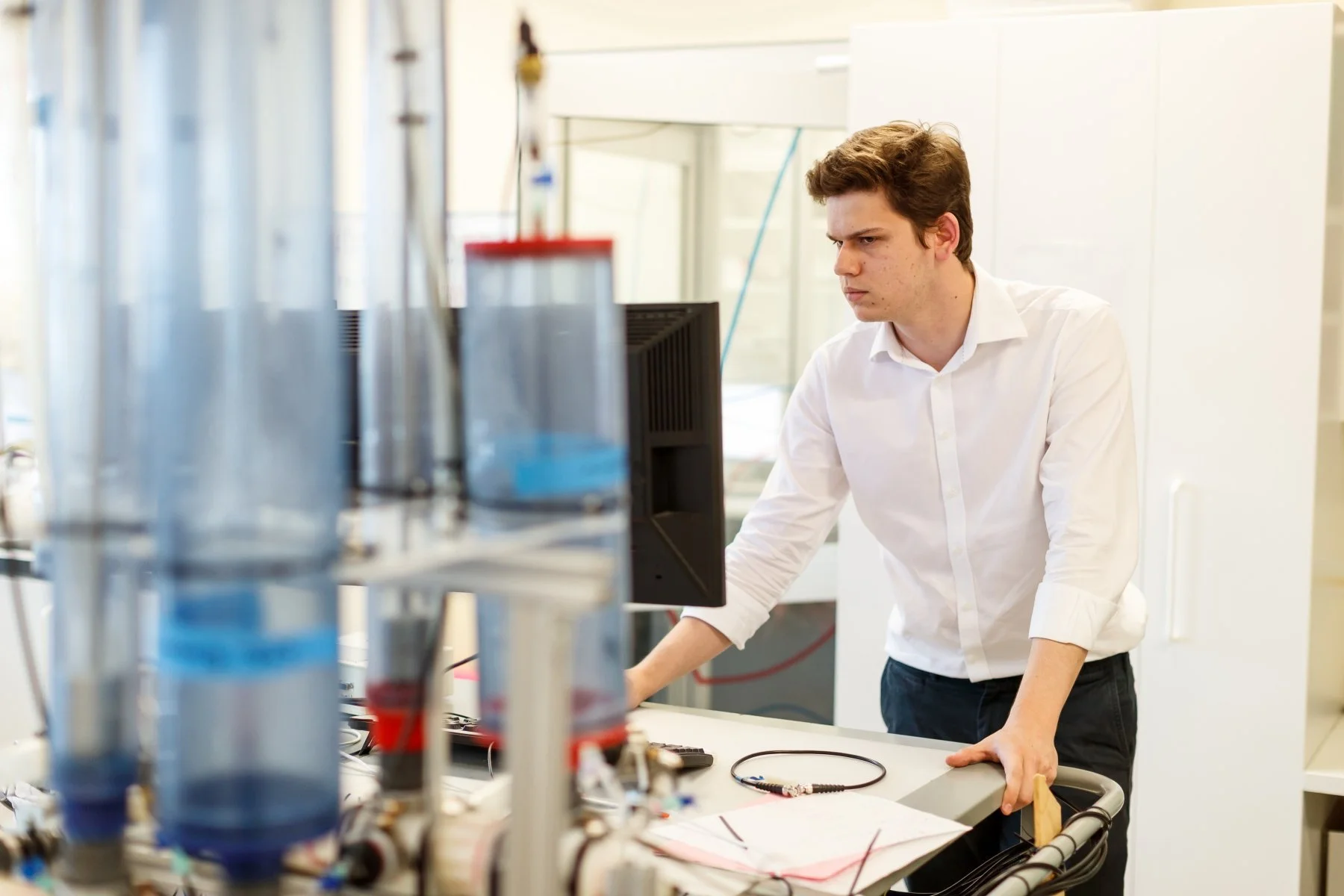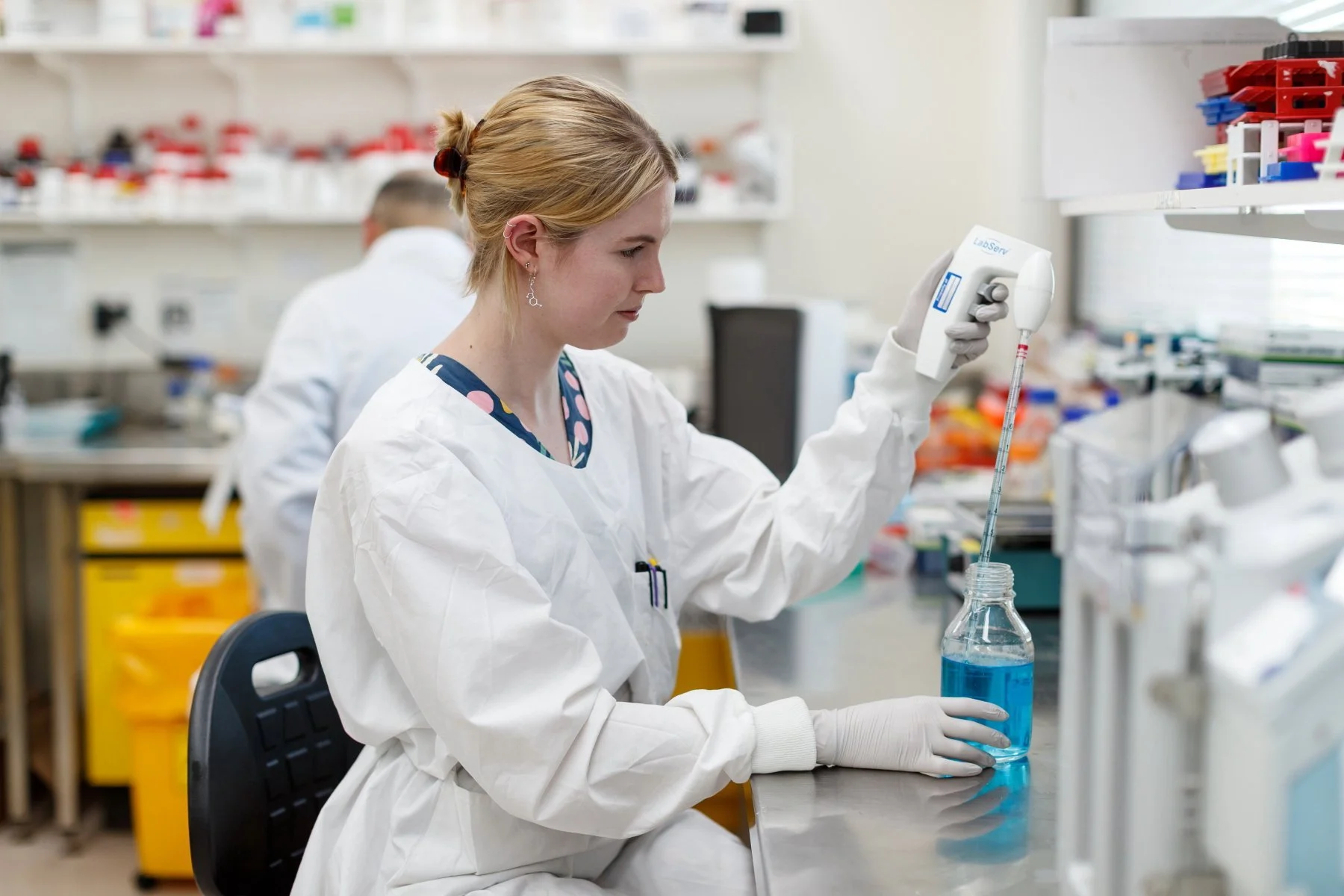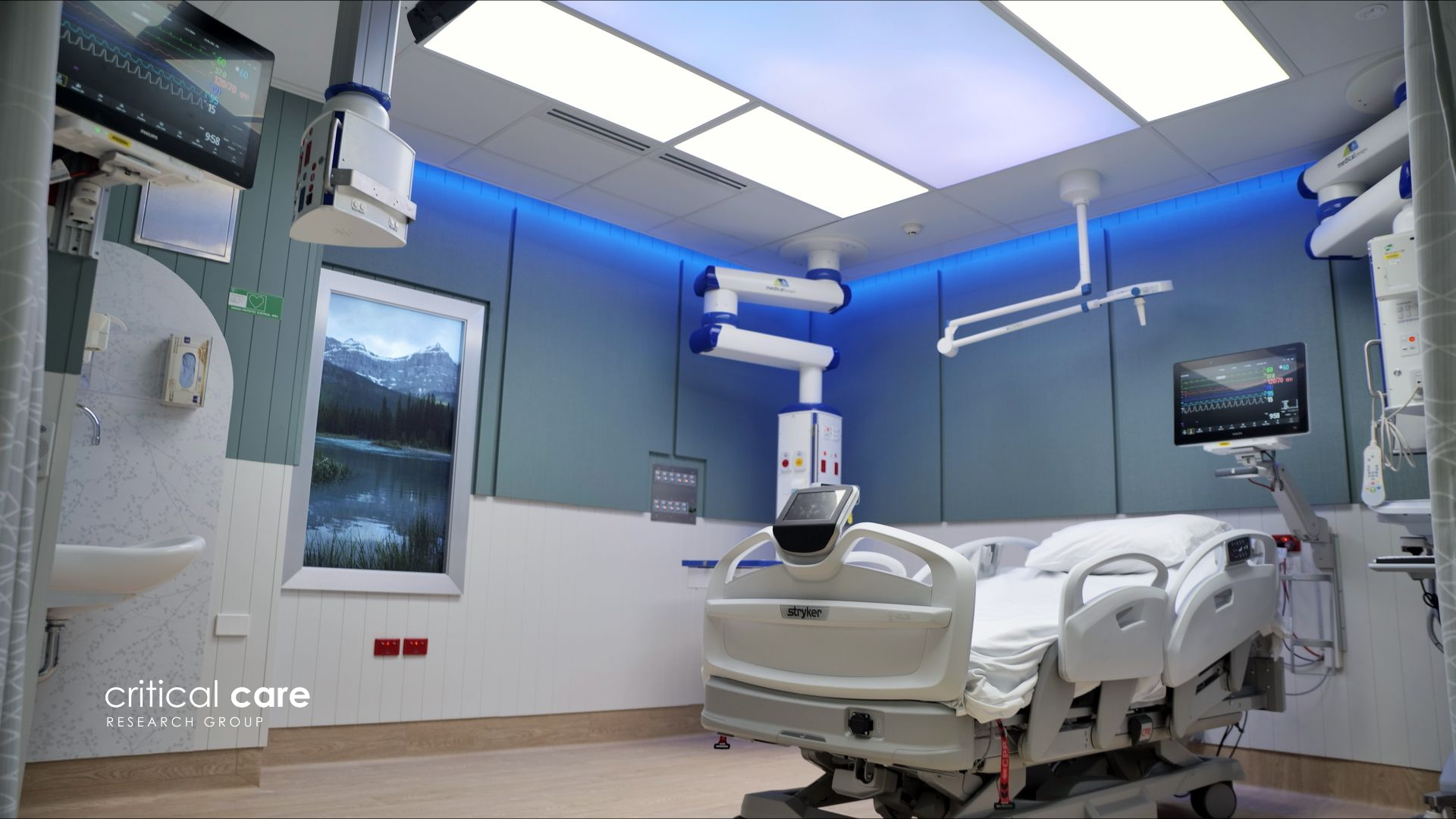Preclinical Innovative Medical & Engineering Laboratory
The Preclinical Innovative Medical and Engineering Laboratory (PRIMELab) is Australia’s largest research facility testing the efficacy and safety of ground breaking medical and surgical interventions that are set to be implemented into clinical practice.
PRIMELab has a multidisciplinary team of intensivists, cardiologists, cardiothoracic surgeons, anaesthetists, pneumologists, nurses, and respiratory therapists, working across six main fields of investigation: Sever Cardiac Failure, Heart Transplant (HTx), Shock States, ARDS, ECMO, and Pulmonary Diseases and Imaging.
Learn more about Dr Silver Heinsar's 'IN-SYNC' trial: Improving Cardiogenic Shock Outcome with Novel SYNchronized Cardiac Support.
Working across CCRG's PRIMELab and ICETLab, Dr Heinsar's research uses a prototype ECMO machine to examine the interaction and consequences of various blood flow conditions in a preclinical model of cardiogenic shock and with a world-renowned mock circulation loop. IN-SYNC Chief Investigator Dr Silver Heinsar was named as one of 12 ELSO Young Investigators in 2022, one of only a few who have ever received the award twice. The EuroELSO Young Investigator Award supports young research fellows to attend congresses of the various Extracorporeal Life Support Organisation (ELSO) chapters and present their scientific abstracts to the world’s top ECMO leaders. Read more.
-
Acute Respiratory Distress Syndrome (ARDS)
ARDS is caused by a variety of infectious and non-infectious aetiologies and in many cases is fatal. PRIMELab conducts pioneering preclinical experiments to understand pathogenesis of ARDS and to differentiate between its characteristic clinical phenotypes. This research aims to discover new pathogenic pathways and translate personalised treatments into clinical practice that will improve patients outcomes in the near future.
-
Cardiopulmonary Bypass
Cardiopulmonary Bypass (CPB) is often called the 'heart-lung by-pass machine'. It is typically used in open-heart surgery for patients who need their heart/lungs fully bypassed to allow the surgeon to operate in a still and bloodless field. Our models are capable of reproducing this as a benchtop experiment or in large preclinical models to test new approaches.
-
Extracorporeal Membrane Oxygenation (ECMO)
Veno-arterial Extracorporeal Membrane Oxygenation (VA-ECMO) and Veno-venous Extracorporeal Membrane Oxygenation (VV-ECMO) are therapies used in refractory heart and/or lung failure to temporarily supply the body with oxygenated blood. VA-ECMO and VV-ECMO can support patients on a pathway to recovery, or towards a definitive therapy such as transplantation.
-
Heart Transplant (HTx)
Heart transplantation is the most effective therapy for end-stage heart failure. However, donor heart supply is inadequate to meet demands. In Australia, our unique geography presents an additional challenge for HTx as donor hearts can only survive a short time outside the body during transportation. Through The Living Heart Project, PRIMELab is investigating new medical treatment and ground-breaking technologies to increase the quality and quantity of donor hearts, revolutionising practices that has remained relatively unchanged in more than five decades.
-
Pulmonary Diseases and Imaging
In collaboration with international pulmonary disease experts and healthcare industry, PRIMELab is developing new ventilatory and therapeutic strategies to treat acute pulmonary diseases that lead to severe respiratory failure, such as pneumonia and ventilator-induced lung injury. In addition, PRIMELab is developing imaging technologies that can be used on mechanically ventilated patients to provide real-time data and assist clinicians in their therapeutic plans.
-
Severe Cardiac Failure
The ‘epidemic of heart failure’ is a significant health issue across the world with high mortality rates. PRIMELab works to develop innovative diagnostic technologies, including imaging tools and biomarkers in preclinical models of severe cardiac failure that will revolutionise the diagnostic and therapeutic approach to this life-threatening condition.
-
Shock States
Despite major advances in resuscitative and supportive care, organ failure remains a major cause of morbidity and mortality in patients with shock due to sepsis or trauma. PRIMELab is developing new models of septic, cardiogenic and hemorrhagic shock and investigating the impact of novel resuscitative fluids, volume expansion and resuscitation therapies on endothelial dysfunction and end-organ injury.
-
Veno-arterial Extracorporeal Membrane Oxygenation (VA-ECMO)
PRIMELab has developed innovative preclinical cardiogenic shock models to research differential hypoxia, severe microcirculatory failure, left ventricular function, inflammation and coagulation in VA-ECMO. Innovative findings are advising the field and providing evidence on novel therapeutic approaches that will translate into clinical practice.
-
Veno-venous Extracorporeal Membrane Oxygenation (VV-ECMO)
While VV-ECMO is the ultimate measure to sustain life and rest the lungs during severe pulmonary failure, it can irreparable damage multiple organs. PRIMELab has developed preclinical models of refractory severe ARDS to test novel strategies never tested before in humans to prevent damage and accelerate pulmonary and systemic recovery.
Other Critical Care Research Group projects





